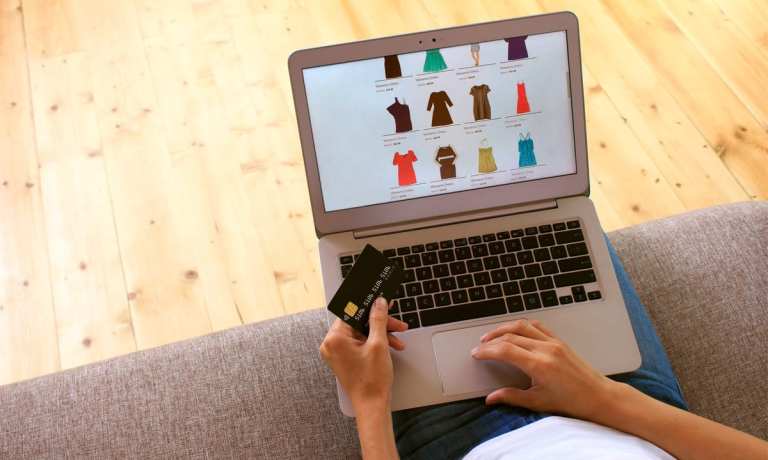Apparel Retailers Become Marketplaces Selling Multi-Branded Merchandise

When most people hear the word marketplace, their immediate association is Amazon — it’s been in the game since the year 2000 and built itself into the best-known internet marketplace in the United States and one of the best known ones in the world. But marketplaces in recent times have been popping up across more and more sectors of retail as other merchants are looking to capitalize on the innovation that, done right, can bring more consumers ready to convert into their orbit with a wider array of goods on option.
Big Box retailers like Walmart and Target have marketplaces of their own, albeit smaller ones than Amazon’s. But while a market expansion might well have been expected from Big Box retailers whose reputations are built on having anything and everything available for sale, smaller, more specialized chains have often shied away from marketplace models for fear their goods and services could get lost in the wash when surrounded by other merchants’ goods.
But that reluctance is ebbing off. J.Crew, Express Apparel and Urban Outfitters have all moved toward marketplace models recently in their digital shopping destinations and opened up to outside brands in the name of boosting optionality on their sites.
“The marketplace was an opportunity for us to offer merchandise that our customers desire, and that our customers want to purchase, but are outside of our core categories,” said Express Chief Executive Timothy Baxter, who joined the company in 2019, the same year it began testing its marketplace. “Our strategy is to edit those categories and showcase brands that we know our customers will like.”
Capturing The Conversion Opportunity
The move to the marketplace model can be summed up pretty easily by the numbers at work, at least for Amazon. As of April, CEO Jeff Bezos confirmed that third-party sellers make up almost 60 percent of Amazon’s overall retail sales, compared with 34 percent in 2010 and 3 percent in 2000 when it first launched.
And marketplaces work, says Adrien Nussenbaum, co-founder and co-chief executive of Mirakl, a firm that helps retailers to add marketplaces to existing eCommerce sites, because they let shoppers do more in a single location, making their overall commerce journeys smoother, simpler and easier to manage.
“If those complementary products can be available through the marketplace, you shift from an abandoned cart to a cart with multiple items,” he told the Wall Street Journal.
And even if some of those items aren’t the home brand’s, the marketplace still gets to take a cut of the transaction — though how big a cut is a fairly closely guarded secret at the host of new eCommerce marketplaces coming to the surface.
Will The New Wave Of Marketplaces Succeed?
There is a difference between running a marketplace and running one well — and as new entrants flood the field with their own twists on the offering, it still remains to be seen how well their actual execution of the concept will go. But there is perhaps a small opening in the field, particularly coming off the pandemic, as there are a lot of dissatisfied Amazon sellers out there after pandemic restrictions last year essentially shut down their Amazon storefronts temporarily while the company focused its efforts on shipping essential items.
The delay was short — by April 2020 Amazon was back to shipping non-essentials — but the unexpected set of delays and losses was enough to convince a lot of digital retailers that simply setting up shop on Amazon was not enough of a digital strategy. The experience pushed larger merchants to start setting up marketplaces of their own to compete with the Amazon giant — and prompted smaller retailers to actually consider jumping ship.
But Amazon, notably, cannot be counted out of the marketplace race that it created 21 years ago — the eCommerce giant has recently, for example, expanded from being a marketplace for goods to a marketplace for subscriptions services as well. In a world where everyone wants to rule a marketplace of their own, its seems, Amazon will keep on raising the bar on what a full-service marketplace can offer to consumers.